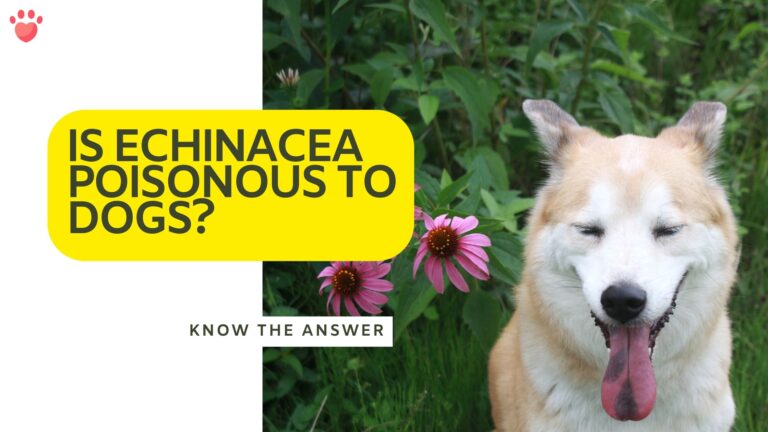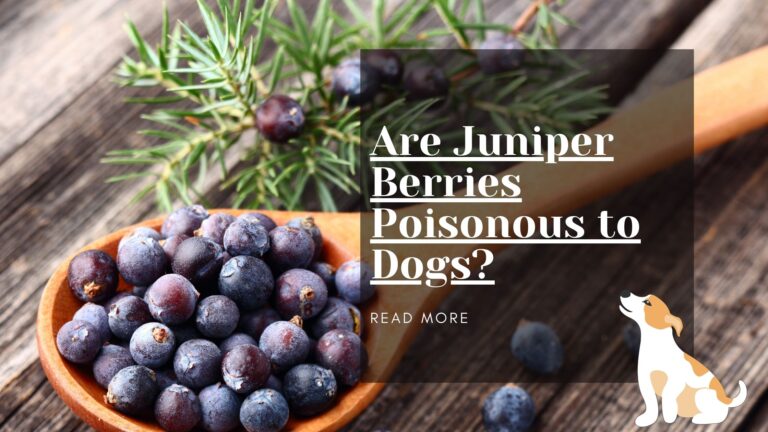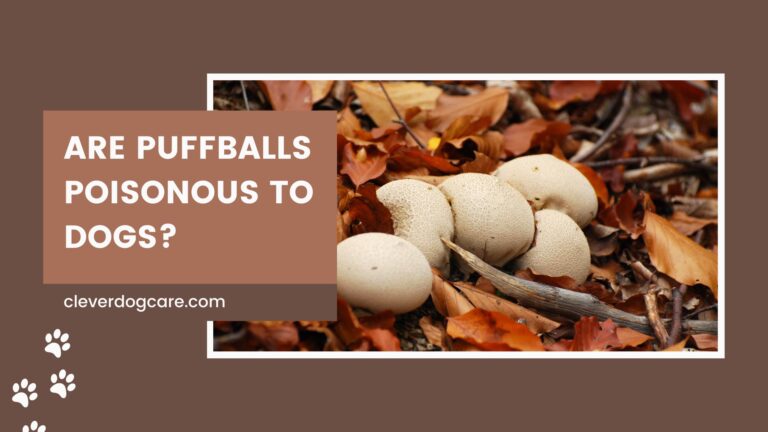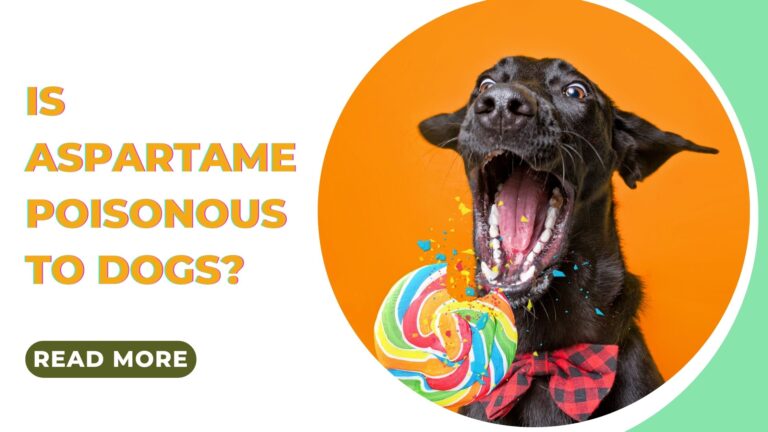Can Dogs Eat Lamb Shank Bones Safely? Here’s What You Need to Know
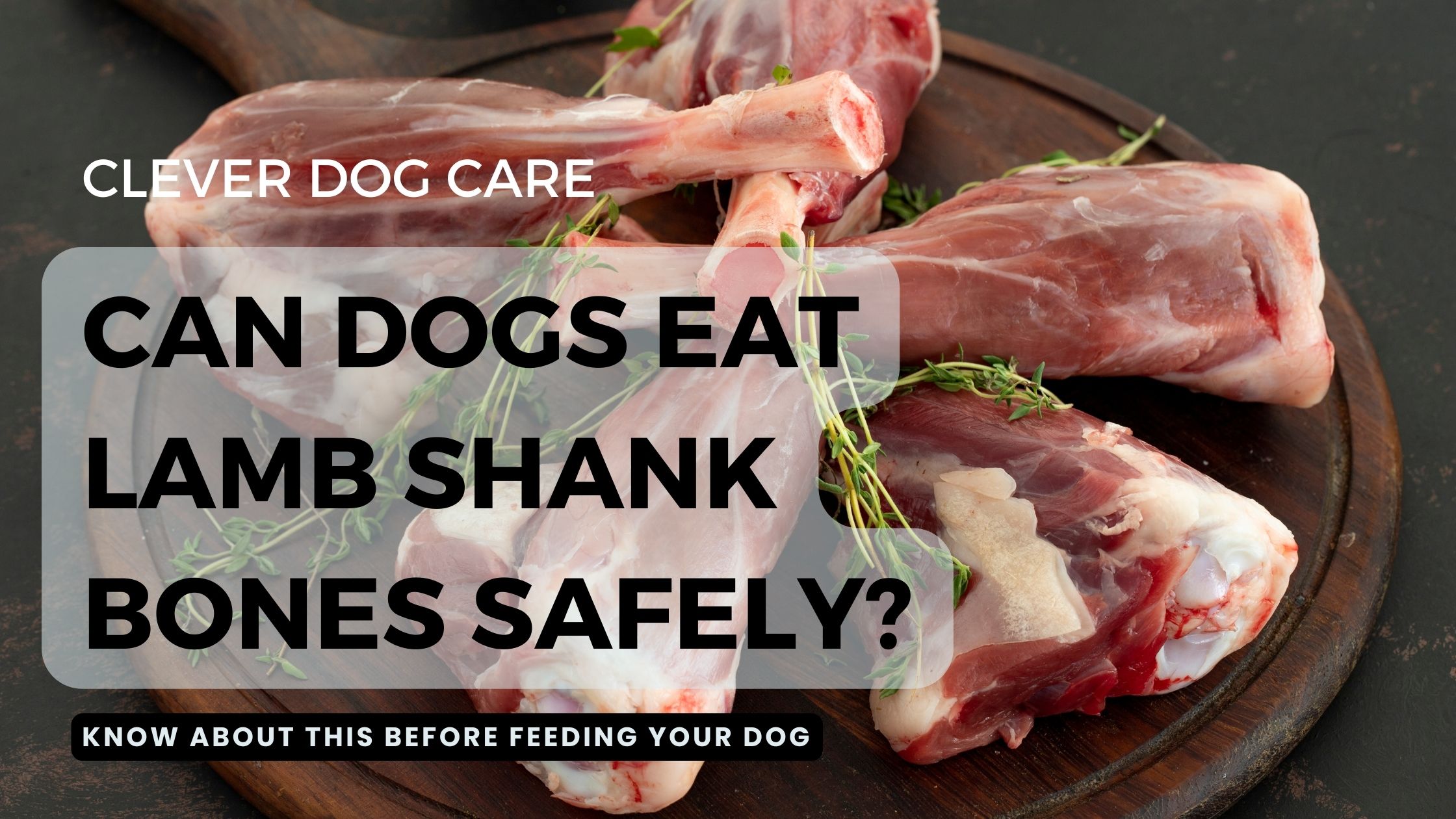
Do you ever wonder if it’s safe to let your dog chew on lamb shank bones? It’s a common discussion among pet owners, and I’ve been trying to figure out the answer too! So I decided to do some research and figure out what experts say about feeding dogs these types of bones.
In this article, I’ll share all the information you need to make an informed decision about whether or not to give your pup lamb shank bones. We’ll look at everything from safety concerns, nutritional benefits, ease of digestibility, potential risks of choking hazards, and more. At the end of this article, you will be better informed so that you can decide for yourself whether or not it’s safe for your furry friend! So let’s dive in and take a closer look at giving dogs lamb shank bones.
Safety Concerns When Feeding Dogs Lamb Shank Bones
Feeding your furry friend a lamb shank bone may appear scrumptious, but it’s crucial to be aware of the potential safety hazards. Cooked bones have the tendency to splinter, posing significant risks to your dog’s well-being. These sharp fragments can lead to severe injuries in their mouth, or throat, or even cause harm internally. Consequently, it is paramount not to underestimate the dangers associated with giving your pup cooked bones.
Additionally, when considering lamb shank bones for smaller dogs, caution should prevail. These bones are often sizable and sturdy enough to pose a challenge for our petite companions. Chewing on such large and robust objects might become an arduous task for them and potentially result in discomfort or injury. It is essential always to supervise your dog while they indulge in bone-chewing sessions.
To ensure maximum safety and enjoyment for your four-legged companion during bone time, there are a few guidelines to follow diligently. Firstly, keep a watchful eye on them throughout the chewing process being vigilant can help you identify any signs of distress or discomfort promptly. If you notice anything worrisome or out of the ordinary, do not hesitate! Swiftly remove the bone from their possession.
In conclusion, while feeding your dog lamb shank bones may seem tempting and enjoyable at first glance; nevertheless one must exercise utmost caution due to potential dangers involved -splintering hazards for cooked bones as well as difficulties faced by smaller breeds attempting to chew larger pieces safely-. Stay attentive during these moments of indulgence because nothing beats ensuring our furry friends’ well-being above all else!
We have covered an extensive guide on Ashwagandha which includes are craisins bad for dogs. Further to better understand the herb and its various uses, we have covered topics like how much camphor is toxic to dogs which you might be interested in. Also, check out our recent posts: is sucralose poisonous to dogs
Nutritional Benefits of Lamb Shank Bones for Dogs
Feeding your furry friend a lamb shank bone might raise some eyebrows among concerned pet owners. After all, safety should always be the number one priority when it comes to our beloved pups. However, it’s important to note that there are potential nutritional benefits to consider as well.
Lamb itself is known to be a fantastic source of protein, which is essential for your dog’s growth and repair of body tissues. Not only that, but this delectable meat also contains a wide array of vitamins and minerals that can contribute to your pup’s overall health and wellbeing.
One added bonus of giving your dog a lamb shank bone is that it can help keep its pearly whites clean. Chewing on the bone naturally scrapes away tartar buildup, acting as an effective dental tool. This means you won’t have to wrestle with brushes or struggle with toothpaste fights just let their natural instincts do the work!
Also Read: https://cleverdogcare.com/is-echinacea-poisonous-to-dogs/
Digestibility of Lamb Shank Bones in Dogs
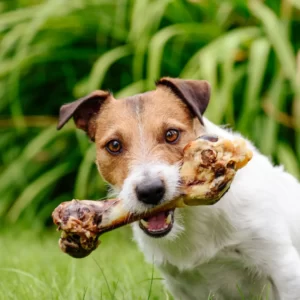
When it comes to choosing bones for your furry friend, lamb shank bones are definitely a popular choice. They have a rich and meaty flavor that dogs absolutely love, and they offer numerous benefits for their overall health. But there’s one crucial factor you must keep in mind: digestibility.
The digestibility of the bones plays a significant role in how well your dog can handle them. Raw lamb shank bones are the winner in this department. You see when bones are cooked, they undergo changes that make them harder and more brittle. While this might seem like a good thing because it prevents splintering, it actually poses a challenge for your pup’s digestive system.
Bones that are too hard can’t be broken down easily by your dog’s stomach acid and enzymes, which can lead to potential issues such as blockages or obstructions. On the other hand, raw bones maintain their natural softness and flexibility, making them easier to chew and break apart during digestion.
- Raw lamb shank bones = easy digestion
- Cooked lamb shank bones = harder digestion
So if you’re thinking about giving your dog some tasty lamb shank bones as a treat or to help clean their teeth naturally, opt for the raw variety instead of cooked ones. Your four-legged friend will thank you for it!
Also Read: https://cleverdogcare.com/can-dogs-eat-quenepas/
Potential Risks of Choking Hazards
When it comes to feeding our furry friends, we want nothing but the best for them. But sometimes, even with good intentions, we can unknowingly put them at risk. That’s where choking hazards come into play when it comes to lamb shank bones.
Now, imagine this: you bring home a tasty lamb shank bone for your dog. They eagerly snatch it up and start chewing away. But wait! The bone is too big for their tiny mouth or delicate throat! Suddenly, that delicious treat becomes a potential danger.
That’s why size matters when choosing a bone for your pup. You need to make sure it’s appropriate for their breed and age. A small breed or a puppy may struggle with larger bones and run the risk of choking or swallowing them whole. So be mindful of these factors before tossing any old bone their way.
In addition to selecting the right size bone, monitoring your dog while they chew is vital too. Keep an eye on them during mealtime and ensure they’re not biting off more than they can chew – literally! This way, you can quickly intervene if any choking occurs or if there are signs of distress.
Remember: we want our dogs to enjoy their meals without worry or harm. By being cautious about the size of lamb shank bones we offer and keeping watch over our four-legged friends as they chow down on these delectable treats, we can ensure their safety while satisfying their taste buds!
Also Read: https://cleverdogcare.com/can-dogs-eat-quenepas/
Alternatives To Consider Instead Of Lamb Shanks Bones For Your Dog
Dental chews are a fantastic option for dog owners who want to keep their furry companions safe and satisfied. Bully sticks, for example, are made from dried bull penises (yes, you read that right!) and serve as an excellent alternative to lamb shank bones. These natural chews not only provide your pup with hours of chewing enjoyment but also promote dental health by reducing plaque buildup and preventing gum disease. The best part? They’re highly digestible, so you won’t have to worry about any potential tummy troubles.
If bully sticks don’t tickle your fancy, rawhide bones might be the perfect fit for your four-legged friend. Made from the inner layer of cow or horse hides that have been cleaned and processed, these chews are tough enough to withstand even the most enthusiastic chewer while still being gentle on their teeth. Plus, they come in various shapes and sizes – from rolls to twists – providing endless entertainment options.
- Bully sticks
- Rawhide bones
Your dog’s safety should always be a top priority when it comes to choosing suitable chew toys or treats. By opting for natural dental chews like bully sticks or rawhide bones instead of hard bones that can splinter easily, you’re taking an important step in protecting their oral health while satisfying their instinctual need to gnaw. So go ahead and spoil your pooch with a delicious treat that will make both of you happy!
Also Read: https://cleverdogcare.com/is-potentilla-indica-poisonous-to-dogs/
Consulting with Your Veterinarian
Your veterinarian will be able to assess whether or not your dog is a suitable candidate for bone consumption. While bones can provide some benefits, such as dental health and mental stimulation, they also come with potential risks.
One of the main concerns when feeding your dog bones is the risk of splintering. Certain types of bones, especially cooked ones, can easily break into sharp fragments that may cause serious internal injuries if ingested. Your veterinarian will be able to determine if your dog has strong enough teeth and jaws to effectively chew and break down bones without any risks.
- Another consideration is the size of the bone in relation to your dog’s mouth. A bone that is too small could pose a choking hazard, while one that is too large may be difficult for your dog to handle properly.
- Your veterinarian will also take into account any existing health conditions your dog may have. Dogs with certain ailments such as gastrointestinal issues or pancreatitis should avoid consuming bones altogether as it can exacerbate their condition.
In conclusion, while providing bones as an occasional treat can have its benefits for dogs, it’s important to consult with a veterinarian before incorporating them into their diet. They will be able to provide you with personalized advice based on your specific canine companion’s needs and ensure their safety and well-being.
Making an Informed Decision
When it comes to giving your furry friend lamb shank bones, there are several factors to consider. First and foremost, safety should be your top priority. You need to carefully assess the size of the bone and compare it with the size of your pup’s mouth. If the bone is too large, it could pose a choking hazard.
Furthermore, you must take into account your dog’s breed. Some breeds have stronger jaws than others and may be able to handle bigger bones without any issues. However, for smaller or more delicate breeds, opting for smaller bones would be a safer choice.
Nutritional benefits also play a role in this decision-making process. Lamb shank bones can provide essential nutrients like calcium and phosphorus that contribute to healthy teeth and bones in dogs. However, these benefits should not outweigh the potential risks.
Remember that each dog has their own preferences when it comes to chewing satisfaction. Some may prefer softer bones while others enjoy more challenging ones. It’s important to observe your pup’s behavior during chewing sessions and make adjustments accordingly.
In conclusion, as a responsible pet owner, you have the final say in whether or not lamb shank bones are suitable for your canine companion. Consider their safety concerns, nutritional needs, and individual preferences before making an informed decision. You know your furry friend best!
Also Read: https://cleverdogcare.com/can-dogs-eat-de-la-rosa-mazapan/
FAQ
1. Are lamb shank bones safe for dogs to eat?
– While some dogs may enjoy chewing on lamb shank bones, it is not recommended as they can be a choking hazard and cause injuries such as broken teeth or gastrointestinal blockages.
2. What should I do if my dog accidentally eats a lamb shank bone?
– If your dog has ingested a lamb shank bone, monitor them closely for any signs of distress or discomfort. Contact your veterinarian immediately to seek professional advice based on your dog’s size, breed, and overall health.
3. Can cooked lamb shank bones be given to dogs?
– No, it is not safe to give cooked lamb shank bones to dogs as the cooking process makes the bones more brittle and prone to splintering. Splintered bones can result in serious internal damage if swallowed by your dog.
4. How can I satisfy my dog’s desire to chew without giving them lamb shank bones?
– To provide an alternative chewing experience for your dog, consider offering appropriate chew toys specifically designed for dogs. These toys are made from durable materials that won’t break apart easily and will keep your furry friend entertained.
5. What are safer alternatives if I want my dog to have the taste of lamb meat?
– Instead of giving your dog actual lamb meat or its bones directly, you can opt for specially formulated commercial pet treats that contain real lamb meat flavors but are safe for canine consumption. Always check with the manufacturer or consult with your veterinarian before introducing new treats into their diet.


